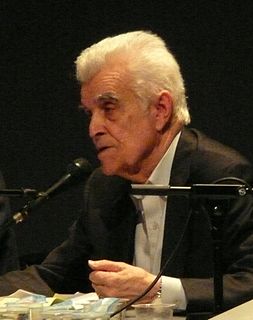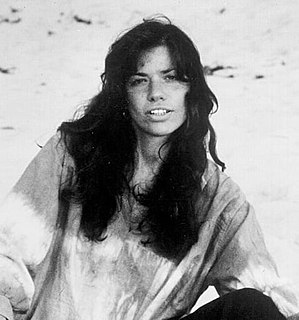A Quote by Thomas a Kempis
If God were our one and only desire we would not be so easily upset when our opinions do not find outside acceptance.
Related Quotes
True prayer is only another name for the love of God. Its excellence does not consist in the multitude of our words; for our Father knoweth what things we have need of before we ask Him. The true prayer is that of the heart, and the heart prays only for what it desires. To pray, then is to desire -- but to desire what God would have us desire. He who asks what he does not from the bottom of his heart desire, is mistaken in thinking that he prays.
We are often indifferent to our brethren who are distressed or upset, on the grounds that they are in this state through no fault of ours. The Doctor of souls, however, wishing to root out the soul's excuses from the heart, tells us to leave our gift and to be reconciled not only if we happen to be upset by our brother, but also if he is upset by us, whether justly or unjustly; only when we have healed the breach through our apology should we offer our gift.
When we feel we are powerless our ego most wants to change the things in our world. As we realize we have the power to change our reality the maturity that comes with that understanding changes us, and we find ourselves in acceptance of what is with less desire of feeling our need to change the world around us.
To find the cause of our ills in something outside ourselves, something specific that can be spotted and eliminated, is a diagnosis that cannot fail to appeal. To say that the cause of our troubles is not in us but in the Jews , and pass immediately to the extermination of the Jews, is a prescription likely to find a wide acceptance.
Once I started to get aligned with the God in me, something hit me hard: I learned that our worth, our validation, our purpose and our acceptance don't stem from what we should do. They don't stem from what we have. They don't stem from what we've done or who we were. They stem simply from the fact that we are.





































